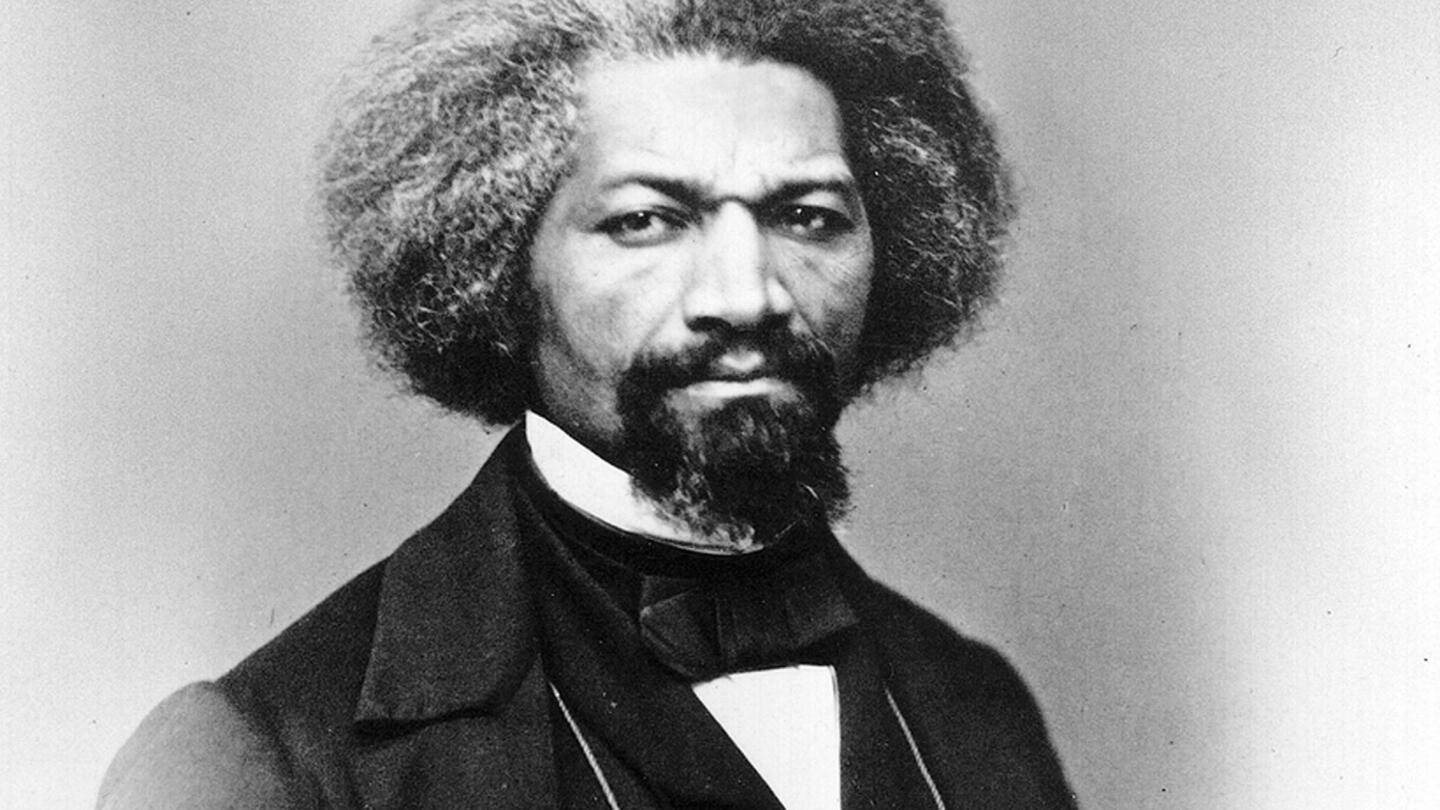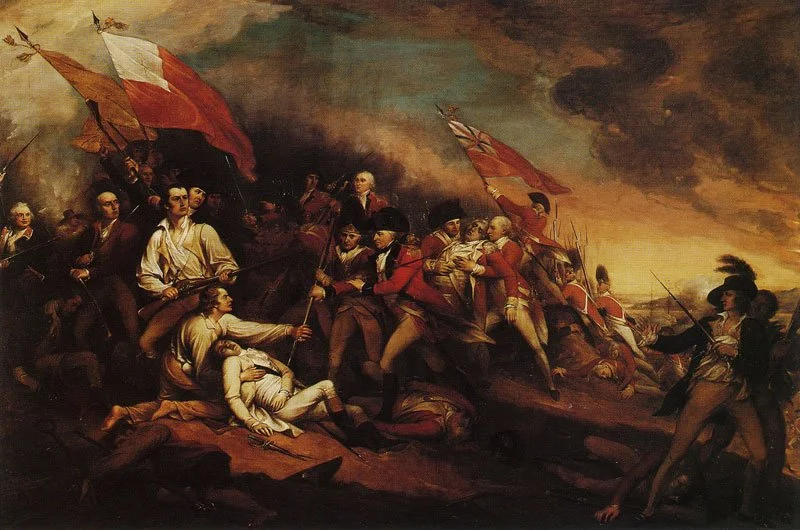Research
-

1. Cicero and the Origins of Liberalism
Monograph: Natural Law Republicanism: Cicero’s Liberal Legacy (Oxford University Press).
Based on my dissertation, this book is prompted in part by the challenges posed by the renewed rise of populism and begins with a conceptual problem. Republicanism from the very beginning has proceeded from the foundational presumption that the people are the rightful owners and sovereigns of the political community. But, the nature of sovereignty is such that it admits of no higher authority. How, then, can republicanism reconcile popular sovereignty with any kind of universal moral norms? Put differently: how can we justify any checks on the sovereign people? Natural Law Republicanism: Cicero’s Liberal Legacy, excavates a tradition of answering this question that stretches from classical Rome to the American founding.
From the back cover:
“An important and original book… will help us rethink the fundamental tension in modern liberal democracy between a voluntarist conception of justice and a commitment to moral objectivism, or natural law.” –Benjamin Straumann (NYU)
“Destined to become a ‘must read’ for professors and graduate students interested in the historical and philosophical relationship between natural law, republican self-government, and the rights to liberty and property.”-Gary Remer (Tulane)
Other publications that have emerged from this project include:
2021: “Locke’s Ciceronian Liberalism.” Perspectives on Political Science. (ungated)
2019. “Cicero’s Duties and Adam Smith’s Sentiments: How Smith Adapts Cicero’s Account of Self-interest, Virtue, and Justice.” History of European Ideas. (ungated)
2018. “Cicero on the Problem of Unjust Origins.” Polity (ungated).
2016. “Individuality and Hierarchy in Cicero’s De Officiis.” European Journal of Political Theory. (ungated).
-

2. Preaching to the Choir: Rhetoric Beyond Persuasion
Monograph: Preaching to the Choir: The Rhetoric of Prophets, Reformers, and Demagogues. (In preparation)
This project builds on my earlier work on the relationship between classical and American political thought. In it, I bring Cicero, Aristotle, and Augustine into conversation with Frederick Douglass and Martin Luther King. I aim to explore the theoretical and normative stakes of motivational political rhetoric. This is rhetoric that aims not to persuade members of an audience to change their judgments, but rather takes audience agreement for granted and instead seeks to inspirit or motivate listeners to vigorous action. This kind of rhetoric has been ignored by many of the classical theorists of rhetoric, as well as by modern scholars reviving the study of political rhetoric. Yet, such non-persuasive speech abounds in political discourse (for instance, when a politician leads an audience in chants of “yes, we can” or “lock her up”). Black rhetorical theorists and practitioners like Douglass and King can help us think through these thorny issues, as they were masters of this motivational form of rhetoric, and deployed it in response to situations where persuasion was unlikely to avail. Such rhetoric may be a spur to healthy democratic activity, but it also has the potential to stoke dangerous passions. Moreover, it raises complicated questions about democratic discourse, the agency of citizens as consumers of political speech, and the problem of demagoguery. For these reasons, I believe coming to grips with it is an urgent theoretical task.
Two articles have already been published from this project as well:
2021: “Beyond Persuasion: Rhetoric as a Tool of Political Motivation.” The Journal of Politics. (ungated)
2022: “Light or Fire: Frederick Douglass and the Orator’s Dilemma.” American Journal of Political Science. (ungated)
-

3. Justice in War, Strategy, and Global Hegemony
This project arose out of my interest in Cicero’s just war theory and broader Roman thought about the appropriate use of hegemonic power. In particular I am interested in how political theory can address the firmly non-ideal world of international strategy and diplomacy. Some of my work here has been drawn from historical texts, but some also engages purely in contemporary debates about the application of just war theory.
Forthcoming: “Can Just Wars Be Fought Proportionately?” Journal of Military Ethics. (ungated)
2020. “The Protectorate of the World: the Problem of Just Hegemony in Roman Political Thought,” Polis. (ungated)
2021 “Cicero on Justice, Empire, and the Exceptional Republic,” Classics of Strategy and Diplomacy.
-

4. Comparative Political Philosophy: the Christian and Islamic Worlds
This project looks into the divergent ways in which Christian and Islamic thinkers responded to their common Greek philosophical heritage.
2015. “Newman’s Immanent Critique of Liberalism,” Philosophy and Theology (ungated).
2022. “Good Weeds? Alfarabi’s Virtuous Subversives” (with Laura Howells), Political Research Quarterly. (ungated)
2022. “Locke or Spinoza: Who’s Better in a Crisis (of Modernity)?” Perspectives on Politics Science (part of symposium on Aaron Herold’s The Democratic Soul: Spinoza, Tocqueville, and Enlightenment Theology. (ungated)
Under review: “Averroes’ Decisive Treatise: A Coverup and an Exposé?” (draft presented at the 2019 Duke Conference in honor of Ruth Grant).
